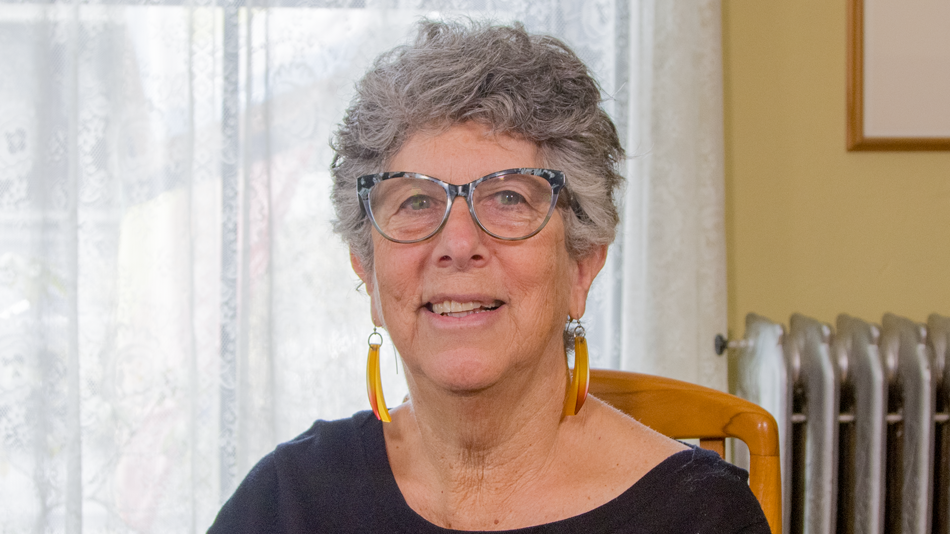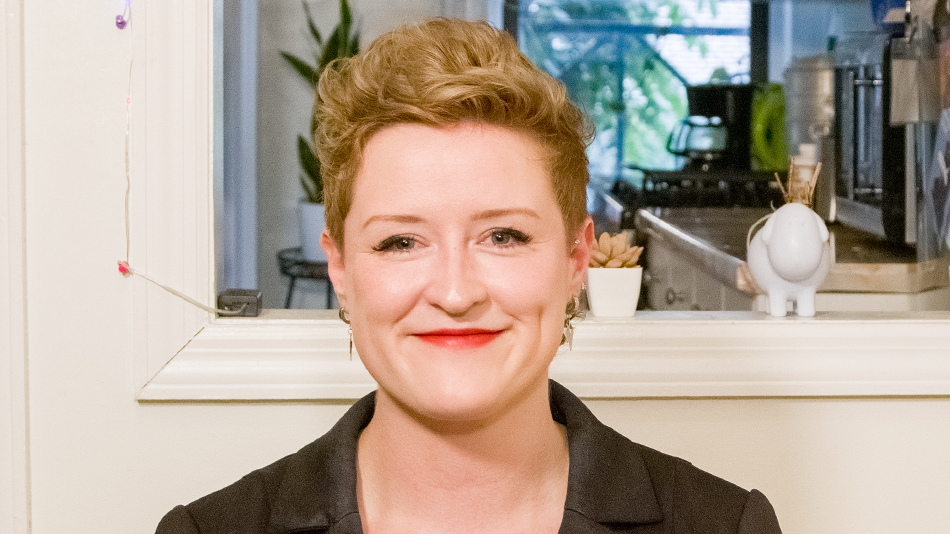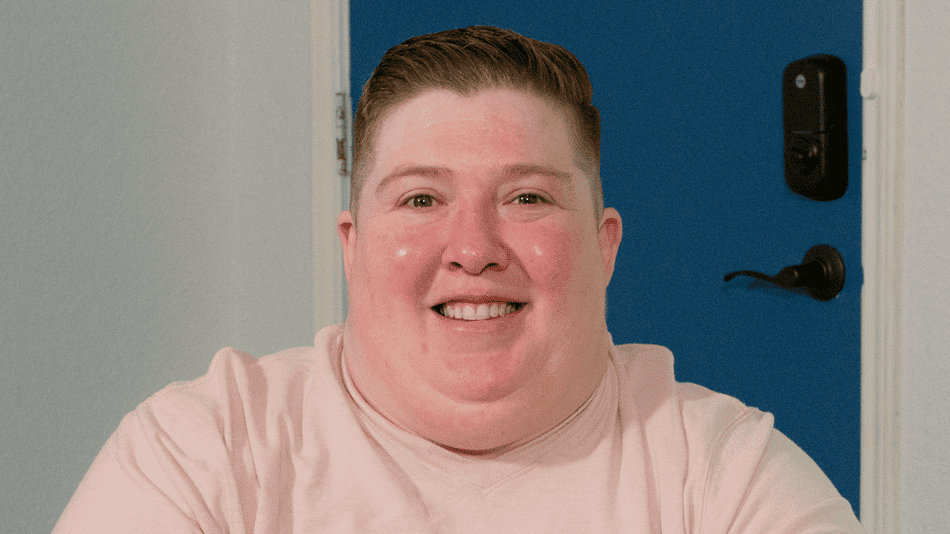My name is Liz Leifer and I’m from Southern California.
I had two bouts, actually, of coming out to my parents, my family. One of which was when I was 15 in 1985. My mother chalked it up to me lying and trying to hurt her feelings, was why I said that I wanted to date girls. And my father strongly agreed with her, stood by her in this conviction and the subject was put to rest and did not come up again until I was in my early twenties.
When I was divorcing my husband, it was a different story. In that whole change and transition and in that divorce, basically, my family ended up sort of trading him for me. He had been close friends with my siblings and got along well with my family better than I did. Essentially they made a swap and I was the person on the outside from then on. And my ex-husband and my kids were very much still part of the larger family.
It was hard because there was always this undercurrent where I was constantly fighting my family sort of bad talking me and and speaking ill of me behind my back and, you know, essentially just trying to convince my children a lot of the time that who I was and sort of all of that part of my life was very negative and was not something that they should be involved with or want to be involved with.
Years later, I met a woman that I found love with and it got to the point where we were talking about moving in together. I’d never really involved my children in any of my personal life, my dating life or anything, up to that point very much unless it was something serious. This was going to be challenging because it was a woman and I was going to need to come out to them and explain that I wanted to move in with this woman and that she was going to become a bigger part of their life if they would have her.
They knew her as a friend of mine. We had spent time together at this point, but it was really just about explaining the romantic component of it,
When I was going to move in with this woman, they were probably eight and a half and eleven. My daughter was a serious preteen at that point. So it was going to be a very challenging conversation.
So that day, I woke up and I was just riddled with anxiety. The three of us went for a walk in this dog park that was right near where I was living. You know, we sat down on a bench and I wanted to be, you know, very transparent and very straightforward and direct but I also wanted to – inside, I want to sort of tread very lightly. I don’t even remember what I said. I was just so worried about getting it out that I couldn’t even tell you what the exact words were. It was just, you know, this emotional sort of mini-purge and then as soon as it was over, I was just looking for a response.
My son was so adorable. He’s such a good egg. He basically was just like, “Okay, mama!” He was like, “I really like her and I think this will be fun,” and, you know, “That sounds good to me,” and then started talking about logistics. Like, you know, “Well, am I still gonna sleep in the same place when I’m at your house?” and things like that.
My daughter had a little bit of a different reaction. She had sort of an adorable preteen reaction of just kind of – there was some eye rolling. It was like, “Now this?” It’s like, “I don’t even want to talk about this. I am sure it’ll be fine.”
I think we all sort of grew a lot closer. Definitely heard some recounts from my kids about times when my family had been, you know, speaking poorly about me and my son actually just defending me and saying, you know, “Grandma you can’t talk about my mama that way or I won’t come visit you anymore.”
My daughter is an awesome person. She’s super well-rounded. She’s very progressive. She definitely has – you know, she identifies the somewhere on the queer spectrum. She’s not totally sure where that lands and, you know, obviously in our family, that’s just fine. You can keep figuring that out as you go. I’m still figuring that out as I go. And we have a very open space for communication, which is awesome.
I think I was different at the end of this experience compared to the beginning because I had a new sense of freedom. It was a sense of freedom that up until then, I don’t think I could have imagined having. Because of how poorly my family reacted to my queerness and the way that, you know, I had lost friends and a lot of things had changed and there was a lot of trauma around it, this was one of those things that I thought going into it could either be really good or really, really bad. And it ended up being one of the most liberating things I’ve ever done.








Share